ETH News
All stories that have been tagged with Conflict research
Small steps on the road to peace
- News
- Globe magazine
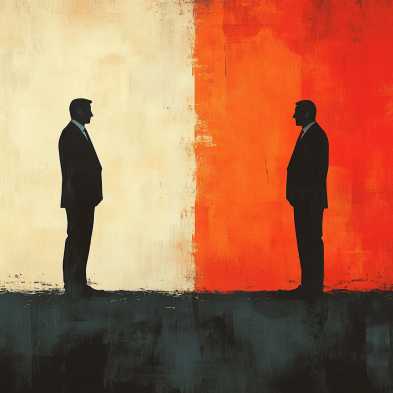
Trust takes years to build and seconds to break – not least when it comes to international relations. ETH researchers investigate what it takes to build confidence on the global stage.
“The days of à la carte cooperation are over”
News
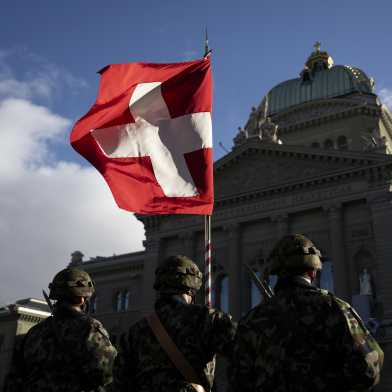
Oliver Thränert was head of the think tank of the Center for Security Studies (CSS) at ETH Zurich for almost twelve years. On the occasion of his retirement, we spoke to him about the future challenges of Swiss security and defence policy.
No climate neutrality without critical raw materials
- News
- Homepage
- Zukunftsblog
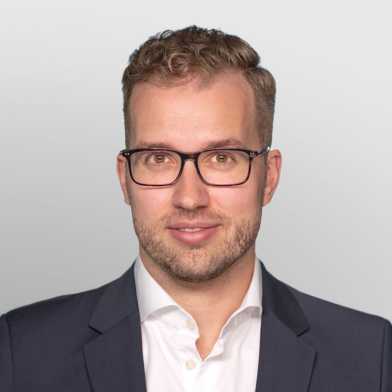
Europe’s energy transition will not succeed without access to essential metals like rare earths, says security researcher Julian Kamasa. Responsible mining and recycling of critical raw materials could help Europe reduce dependence on imports and meet its climate targets.
The nuclear reality is unsettling
- News
- Zukunftsblog
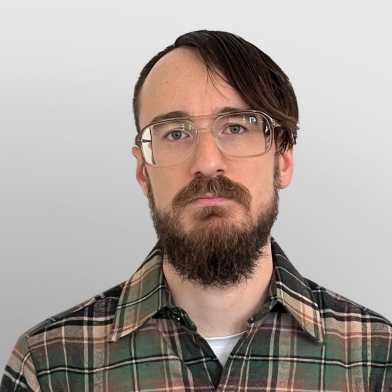
Stephen Herzog is researching how nuclear weapons could be better controlled and eventually eliminated. For him, Putin's threats are a reason to fundamentally question the nuclear “balance of terror."
Why conflict parties cease fighting
News
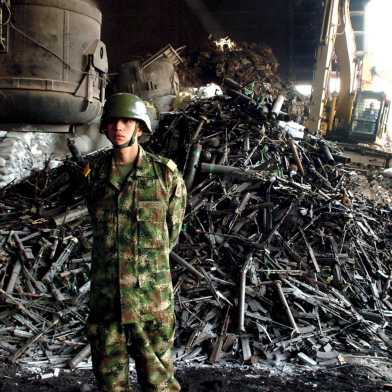
The path to peace usually leads through a ceasefire. In an international project, ETH Zurich researchers have shown the conditions under which parties to civil wars are willing to stop fighting – and why they decide to do so.
From Cubicle to Limelight: When expertise meets media
News
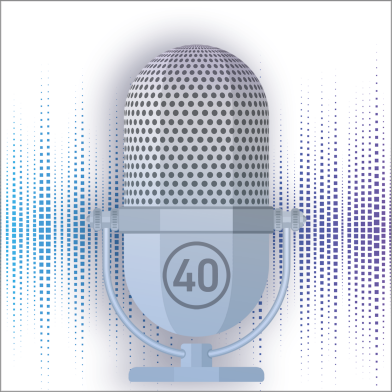
Scientists often are either in the lab or at their desks researching, thinking, writing, reading, and analysing discoveries. What happens if their expertise aligns with current affairs in the media, such as the war in Ukraine and nuclear threats? How does their work change when they suddenly have to spend more time in talk shows than in the library?
Staying positive in challenging times
- News
- Globe magazine
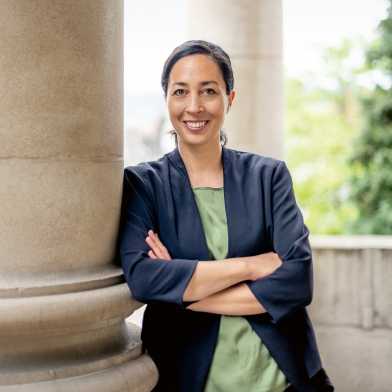
Linda Maduz has great faith in people’s – and society’s – resilience and in their capacity for positive development, even in politically turbulent times.
War in Ukraine – back to the 19th century?
- News
- Zukunftsblog
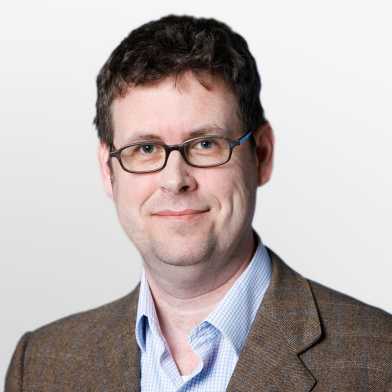
If nations are separated by national borders, the risk of civil war and interstate conflicts increases – as in the case of Ukraine. For this reason, Lars-Erik Cederman believes that sanctions should also be designed to have a deterrent effect on other nationalists.
"The EU won’t become a defense alliance like NATO"
News
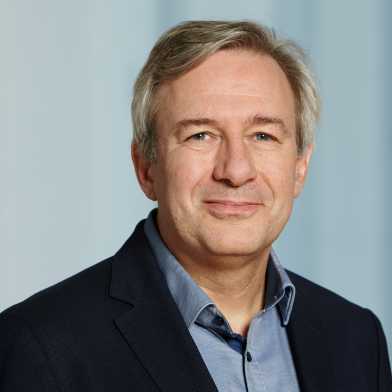
In an interview with ETH News, ETH Zurich Professor Frank Schimmelfennig analyses how the war in Ukraine is affecting the European Union and whether Ukraine is likely to be granted membership.
“The West should quickly tighten the sanctions”
News
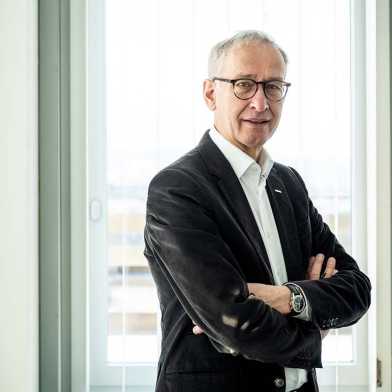
In an interview with ETH News, ETH Professor Emeritus and former State secretary Michael Ambühl outlines possible cornerstones of a diplomatic solution for the war in Ukraine.
Security in Asia also affects Europe
Zukunftsblog
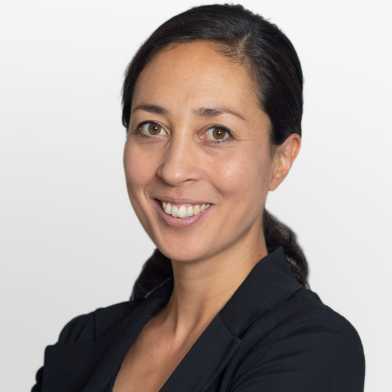
To benefit from stability and security in Asia, Europe must rethink its relations and engagement with this region. But, as Linda Maduz points out, it is worth taking a nuanced look at the various Asian countries.
“We won’t see a second Cold War”
Globe magazine
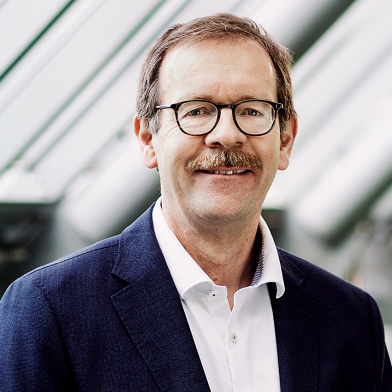
Russia’s attack on Ukraine calls the security architecture in Europe into question. In an interview with Globe, ETH Professor Andreas Wenger explains the medium- and long-term consequences for international and Swiss security policy.
Working for Peace
Globe magazine
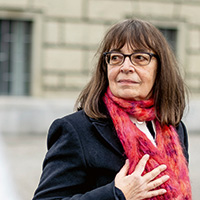
ETH alumna Therese Adam spent 28 years in the diplomatic service working for peace and development. Now she shares her knowledge as a lecturer.
Power-sharing and its side effects
News
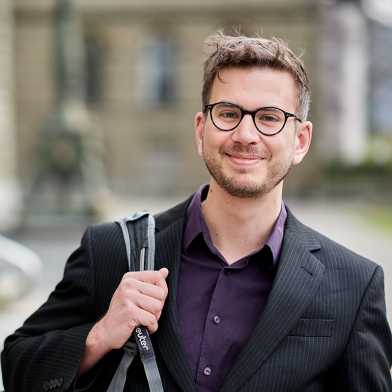
The participation of ethnic minorities in the government can decide between war and peace. ETH postdoc Andreas Juon researches how different forms of power-sharing affect the stability and quality of political systems.
The empire strikes back
Zukunftsblog
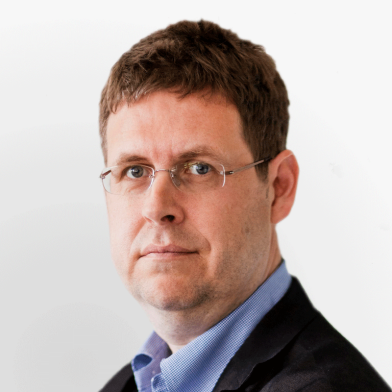
In recent years, nationalist leaders have staked claims on lost territories in order to restore the glory of former empires. Lars-Erik Cederman believes that this rise in revanchist nationalism poses a threat to geopolitical stability.
Conflict Mediation in the ETH Podcast
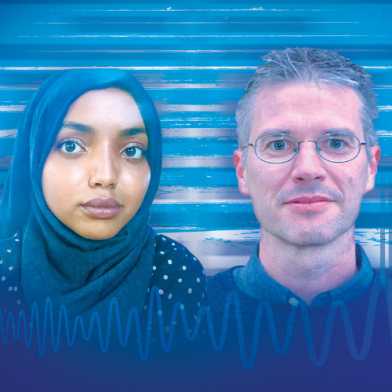
In the current episode, a Kenyan mediator and an ETH peace researcher talk about their approach to sustainable peacebuilding.
Donald Trump's trade policy and other strategic trends 2019
News
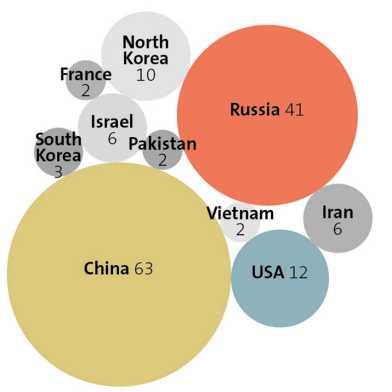
The Center for Security Studies at ETH Zurich has examined the key trends in world affairs.
Small steps to peace
News
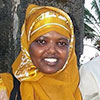
Many small, local steps may lead more sustainably to peace than big dreams of the perfect state. This principle lies at the heart of an innovative approach to conflict mediation developed by a Kenyan mediator and an ETH researcher.
Why China is not about to catch up with US military technology just yet
News
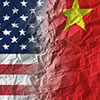
Is China about to catch up with the US, the world’s leading military and geopolitical power? Researchers at ETH’s Center for Security Studies and NATO’s Defense College say no. The growing complexity of military technology makes it difficult for modern weapon systems to be imitated.
Cyber war – and nobody will come?
Zukunftsblog
Myriam Dunn Cavelty calls for a realistic assessment of what state institutions can do to combat cyberattacks.
A shifting balance of power in world politics
News
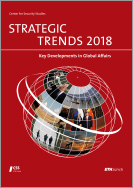
Strategic Trends 2018: ETH Zurich’s Center for Security Studies has published its annual analysis of key trends in world politics, such as the roles of the US, China and Russia as superpowers.
An ambassador against hate
News
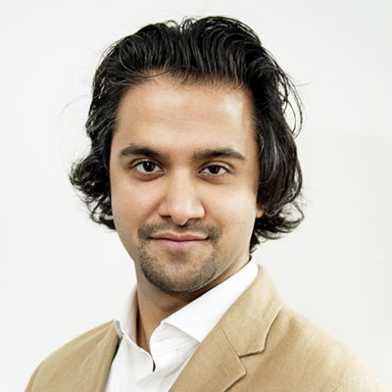
ETH Fellow Kunaal Sharma researches the relationships between elite politics and religious extremism. Working in crisis-hit regions of South Asia, he seeks out the causes of conflicts as well as pathways towards achieving greater tolerance.
Why cyberattacks don't work as weapons
Zukunftsblog
Cyberattacks must also be understood as a phenomenon of political violence and combated as such, says Myriam Dunn Cavelty.
Raising awareness of the risks of natural sciences research
News
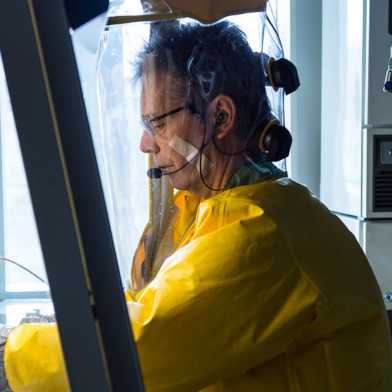
New research findings from biology and chemistry are a blessing for the world of medicine. However, if they are misused for military purposes, they can reveal a darker side. How to deal with the “dual-use dilemma”? This was the subject of a course aimed specifically at biology and chemistry students.
Deep repositories: framework for negotiated remunerations
Zukunftsblog
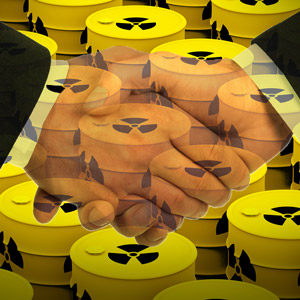
Future locations of deep geological repositories for radioactive waste are expected to receive remuneration payments. These payments are not regulated by law and are therefore a matter for negotiation. Now there exists a broad-based framework for this process, writes Michael Ambühl.
Can conflict be predicted?
News
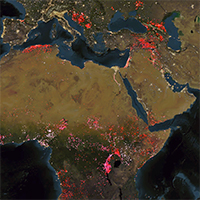
Modern data science techniques can also be useful in conflict research. However, in an essay published in the journal Science, Lars-Erik Cederman, Professor of International Conflict Research at ETH Zurich, suggests that certain expectations regarding the predictability of armed conflict are unrealistic. ETH News caught up with him for a chat.
Blackouts and other disasters
News

Timothy Prior and Florian Roth of the “risk and resilience” team at the Center for Security Studies (CSS) will be appearing as experts on SRF theme day on blackouts. The two researchers work in the field of disaster management, resilience, and risk and crisis communication. ETH News wanted to know about the state of readiness in Switzerland.
Research with a social relevance
News
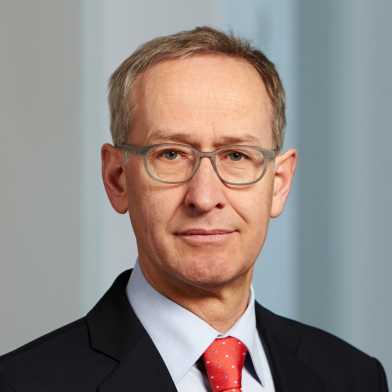
Michael Ambühl, Professor of Negotiation and Conflict Management, has just published his much discussed proposal on the implementation of the mass immigration initiative in the Swiss Political Science Review. ETH News spoke to him about the relationship between research and politics.